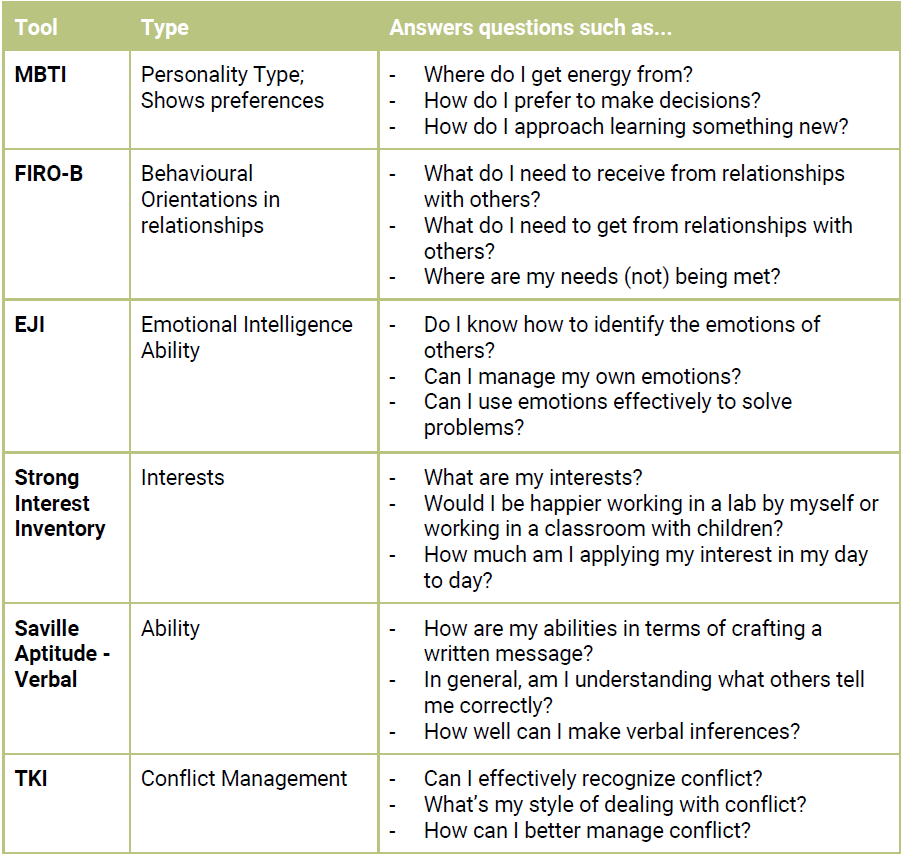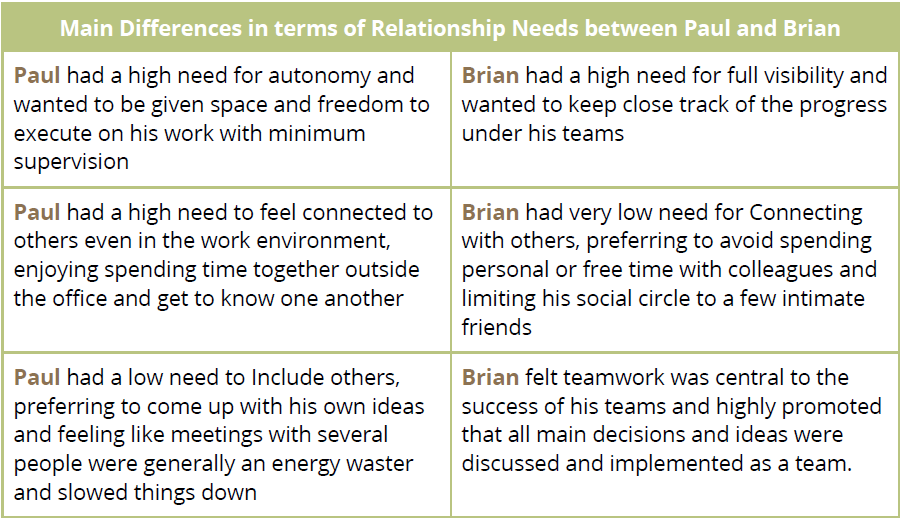
Research Paper By Inês Paler
(Life Coach, SWITZERLAND)

Introduction
The field of Coaching has been growing and becoming more and more established and recognized, both in the corporate and personal arenas. This evolution means more awareness and interest from the public – and this results in higher expectations from current and potential clients. Not only it’s important, as a coach, to have experience and the right set of skills, it is essential to show the right level of training and certification. Furthermore, being able to complement this basic set with other important tools can add value to the coaching experience and enable taking different approaches to respond to each situation.
Coaching relies on an active partnership between coach and coachee, where the coach provides the framework, space, time and tools for the coachee to live a more fulfilling life. In this process, the client is very likely to increase awareness around values, personality, needs, behaviours and priorities that weren’t as clear before.
At this level, Psychometric assessments can be extremely valuable as they provide useful insights in terms of:
This includes a wide variety of tools that can help answer questions such as: what is most important to me? What interests me in the most? Where do I get my energy from? How do I relate to others? How do I deal with conflict? What are my preferences in terms of behaviour? How do I currently respond to stress? Where can I develop my emotional intelligence to have the highest impact in my life?
These are particularly useful in the beginning of the coaching relationship, where there’s a strong emphasis on raising awareness around the current situation and exploring the building blocks of how the coachee is experiencing life and what is the desired change to move further.
Application
Surely, psychometric tools are to be handled with care. Not only it is required that they are reliable and valid assessments for the coaches, it’s important to pick the right ones, make sure the coachee is interested and then implementing them well. This is one of the many reasons why it’s required for the coach to be adequately trained and certified to use many of the available tools.
In terms of the benefits, using Psychometric tools can add value by:
In terms of challenges, the main points are:
However, these challenges – investment of time, energy and commitment – are requirements of any effective coaching relationship; causing no additional pressure on the coachee but rather an additional investment from the coach.

Example
Paul was just about to burst and thinking about writing his resignation letter. His new manager had been around for a year and he couldn’t stand him anymore. While Paul tried several times to approach him and establish a connection, he felt his manager wanted nothing more than detailed plans and updates of his progress. When he tried to discuss his ideas for the next year, the manager would be resistant to talk without bringing in the rest of the team.
Where was this lack of trust coming from? Would it be that hard for him to accept an invitation to have lunch out of the office to get to know each other?
On the other hand, his manager Brian, had a different view. He felt Paul was aloof in sharing how he was getting along with his work, often seemed more interested in work related stuff than on delivering results. Brian also felt Paul had a tendency to be closed up, making up his own decisions without working with the rest of the team to come up with shared ideas. Why would he spend one to one time with Paul talking about big ideas when he couldn’t even present a weekly status update of his current work? And why this insistence is spending off time together without even considering inviting the rest of the team?
As the relationship was becoming more and more strained, they decided to try out Coaching and use Firo-B as a tool to explore their needs in terms of relationships. The results showed that, while there were some similarities, a few striking differences were very clear and could explain to a great extent the conflict they were feeling:

Once they shared and discussed these differences together they were able to understand the situation much better and let go of many of the assumptions they were both making.
By finding ways to compromise and attend to each other’s triggers of both frustration and satisfaction they were able to work together on a plan with specific commitments and practical actions that would make the relationship much more effective.
The outcome was rather positive: while they are not best friends outside work, they were able to build a strong working relationship with an open channel of communication and a clear set of procedures that allow both of them to get and give what they need to work well together.
Summary
Psychometric assessments are a tool with great potential to bring light onto a given context and raise awareness in the client. This can then be used to make decision on how to move forward and get closer to the desired outcome.
While it requires extra investment from both coach (training, time, money) and coachee (time and energy to learn and go through the assessment), the results can be very action drive and beneficial for the coaching relationship.